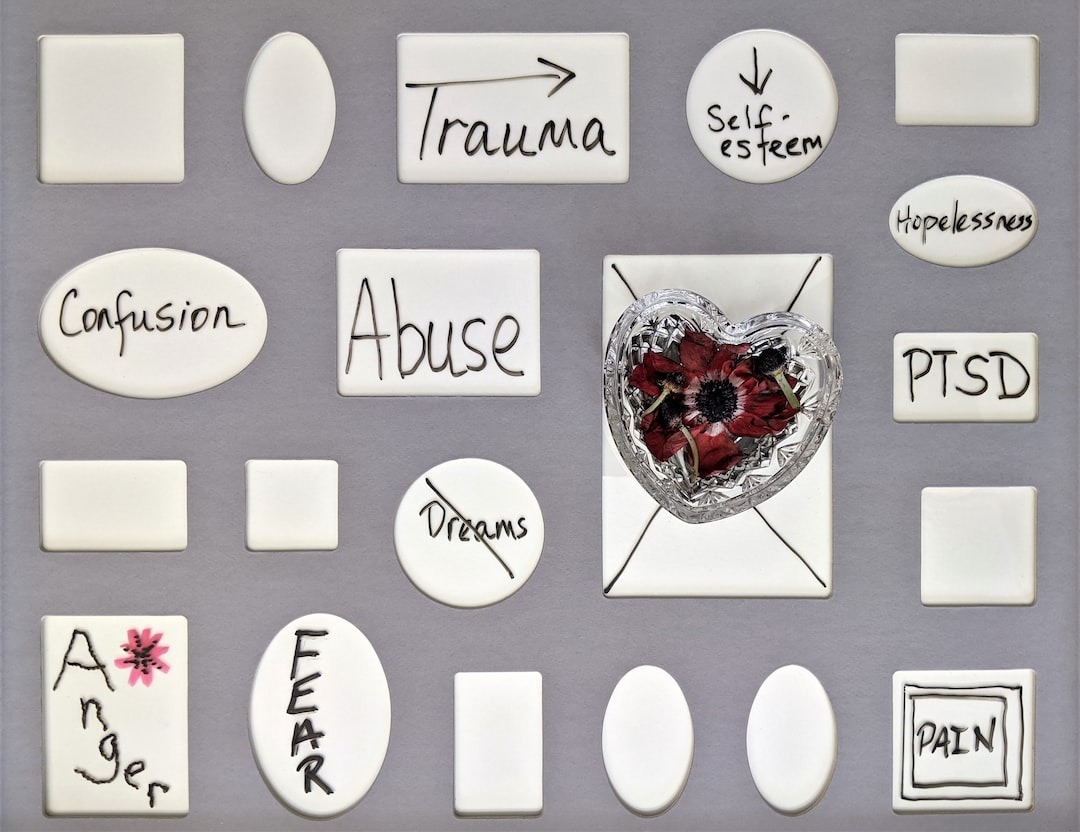What Is Post-Traumatic Stress Disorder (PTSD)?
Post-traumatic stress disorder (PTSD) affects the person with the mental health condition and those surrounding them. You are not alone in your struggle with PTSD. There are people that want to help you and your loved ones suffering from PTSD. Don’t wait; reach out today.
What Is PTSD?
PTSD is a mental health disorder that develops after experiencing or witnessing a traumatic event, according to an article posted in Medline Plus in October 2020.
Causes
- Experiencing a Life-Threatening Event
- Combat
- Sexual Assault
- Natural Disaster
- Robbery
- Mugging
- Vehicular Accident
- Sudden death of a loved one
- Finding the body of a deceased person
- Miscarriage
Risk Factors
- Childhood trauma
- Gender- according to a Medline Plus article posted in October 2020, women are more likely to develop PTSD
- Experiencing extreme fear
- Lacking a support system after the event
- Added stress after the event
- History of a mental health disorder
Signs and Symptoms
The signs and symptoms of PTSD are commonly put into four categories:
- Re-experiencing symptoms
- Flashbacks- relive the event, including the physical symptoms that occurred during it
- Nightmares
- Avoidance symptoms
- Avoid triggers related to the event- people, places, events
- Prevent yourself from thinking about or feeling emotions toward the traumatic event
- Arousal and reactivity symptoms
- Easily startled
- Difficulty sleeping
- Trouble controlling your anger
- On edge
- Cognitive and mood symptoms
- Difficulty remembering parts of the event
- Loss of interest in previously enjoyable activities
- Feelings of guilt
- Negative thoughts and emotions toward yourself
These symptoms can affect your ability to function in day-to-day life. It can make performing seemingly easy and mundane tasks extremely difficult and nerve-wracking. They can make it so you can’t see the good in life and aren’t able to enjoy it anymore.
The symptoms don’t always start immediately after the event but can be triggered later in time. It can take months, even years at times, for symptoms to appear.
Symptoms & Diagnosis
To be diagnosed with PTSD, you need to be experiencing at least one avoidance symptom and one re-experiencing symptom, at least two arousal and reactivity symptoms, and two cognitive and mood symptoms. You need to have these symptoms for at least four weeks.
Forms of Treatment
There are various treatment methods that are recommended for PTSD. Some are based on talk therapy, while others include or focus on medication.
- Psychotherapy: This is also known as talk therapy. It can be done individually or in a group setting, depending on what is best for you. It provides support and an understanding, neutral environment for you to address your PTSD.
- Individual psychotherapy is used to address negative thoughts, beliefs, and emotions you are having and change them into more positive and accurate ones.
- Group psychotherapy can be done with others with your mental health condition or with family. Doing it with others with PTSD gives you the opportunity to hear what others are going through and show you that you are not alone. Doing it with family allows you to build your relationships, learn to communicate better, and allow everyone to express themselves in a controlled, unbiased environment.
- Exposure therapy: During this therapy, you are gradually exposed to things related to your traumatic event. The goal is to help reduce the symptoms you experience when you are triggered to remember the event.
- Cognitive restructuring: This helps you think about the event in a way that can allow you to think about it critically. The goal is to help you understand the event and change any negative thoughts or emotions you have about yourself because of the event.
- Medication: Medications are used to treat the symptoms related to PTSD. One medication is selective serotonin reuptake inhibitors (SSRIs), a type of antidepressant. It can be used to control anger, anxiety, and depression.
Where Can I Find Help?
Although you have resources to seek help for PTSD symptoms, it can be overwhelming to figure out where to look or who to go to.
For Myself
Talk to a mental healthcare provider after the event to make sure you are not experiencing any of the symptoms, have support, and have a safe place to share what happened and how you are feeling.
If you have experienced the symptoms above for longer than four weeks, they are causing extreme distress, and are affecting your work or home life, then seek out help.
Substance Abuse and Mental Health Services Administration (SAMHSA) is a good first step in finding treatment. They have links for various mental health conditions that you can look through to find a treatment center close to you. They have hotlines listed if you are in need of support at that moment. There are general hotlines listed, as well as specific ones for veterans and natural disasters.
Things that may also help:
- Find an activity or hobby to reduce stress
- Follow a daily schedule to promote routine
- Set attainable goals
- Spend time with loved ones and talk to them about your PTSD so they know how to help
- Avoid substance use
- Understand that your symptoms will take time to dissipate. It is not immediate.
For a Loved One
Things you can do to help a loved one with PTSD include:
- Helping set up an appointment with a mental healthcare provider
- Provide support, understanding, and encouragement
- Educate yourself about PTSD
- Be aware of triggers for them and try to avoid them as much as possible
- Invite them to participate in positive activities that can help reduce their stress level
Post-traumatic stress disorder (PTSD) can be caused by a variety of things, and greatly impact your ability to function in daily life. It can lead to isolation, feeling like a burden, violence, anxiety, depression, substance use, and so much more if left untreated. It affects not only you but the people around you. Educating yourself and others on the signs, symptoms, and triggers of PTSD is so vital for healing. Don’t keep wondering how life could be better. Reach out to Grace Recovery TX today to see how we can help. You can begin to heal and release that heavy weight on your shoulders. Call us at (737) 237-9663 now.





